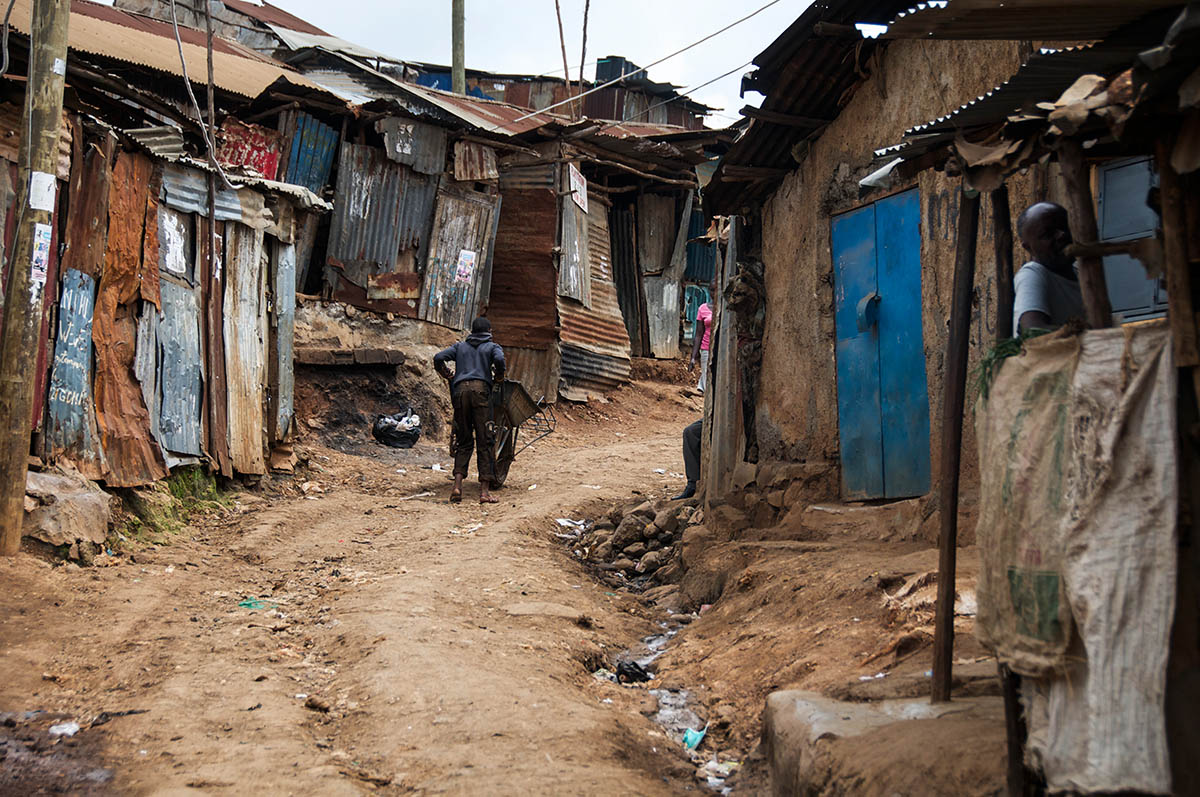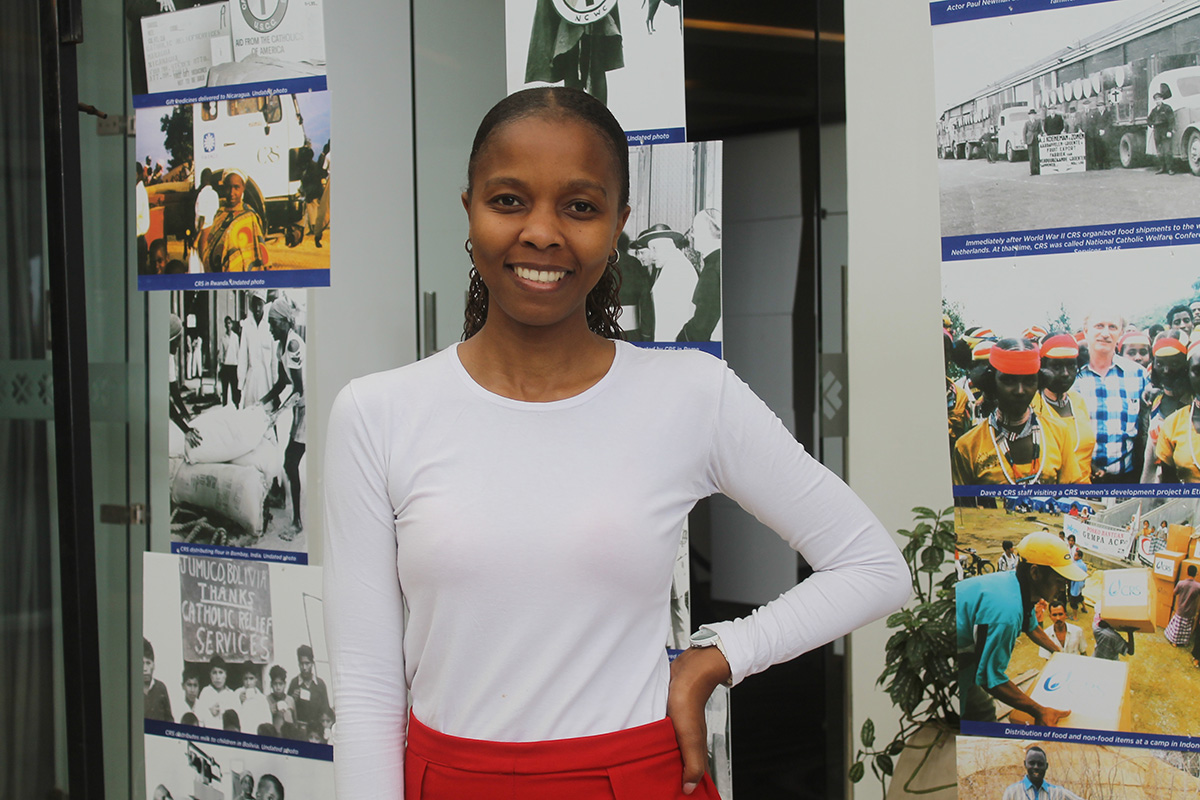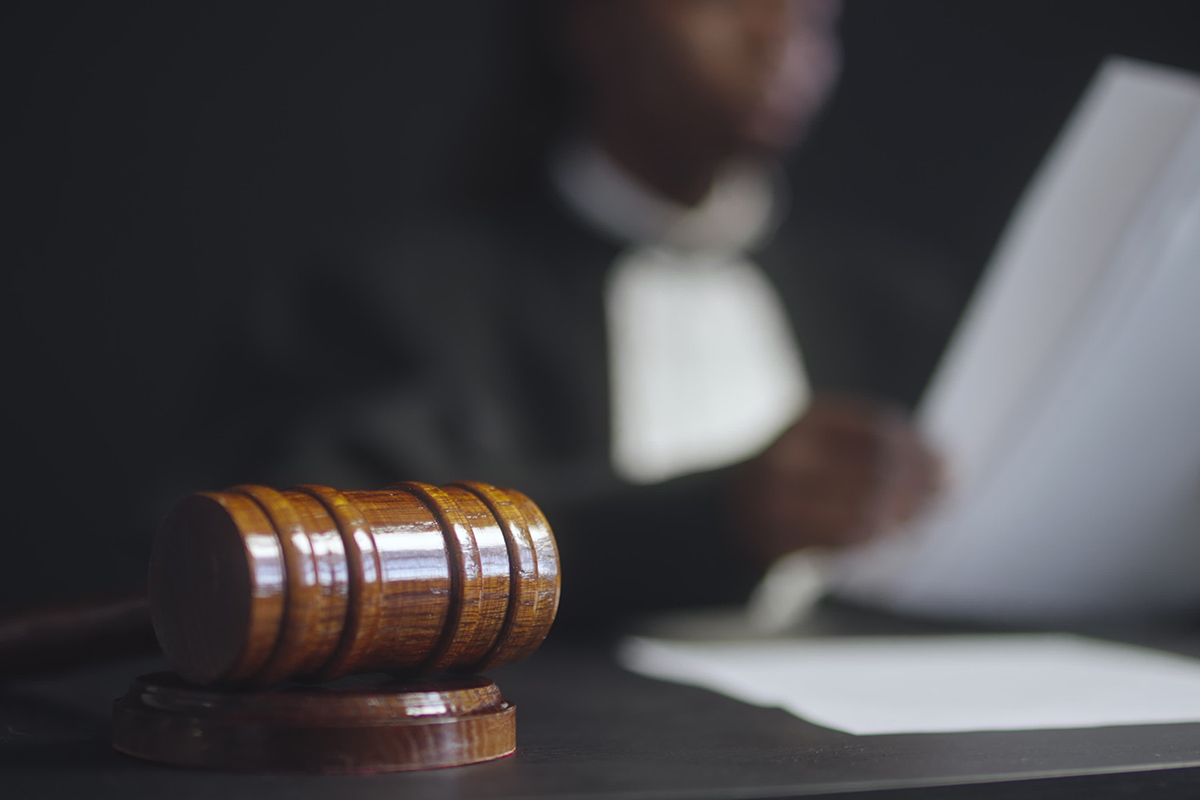Why is action against slums slow?
March 15by Joshua Kimera
Across the globe, urbanisation continues to surge, leading to the proliferation of informal settlements known as slums.
These densely populated areas, characterised by inadequate housing, limited access to basic services, and precarious living conditions, pose significant challenges to sustainable urban development.
While slums persist as a pressing issue in many countries, the pace of action to address them remains sluggish.
This article delves into the reasons behind the political, social, economic, and institutional factors that contribute to the slow progress in slum eradication.
Yet at the heart of a slum are a people living in a place that is below basic living standards. One would imagine that with modern technology this should not be a possibility.
When a project is set up for slum eradication, one has to consider that land ownership is often contentious, and rectifying this is quite costly in terms of legal fees and man hours, and because of this many governments get overwhelmed and halt developments.
For example, in Kenya, informal settlements such as Kibera often lack formal land titles. This legal ambiguity makes it difficult for residents to secure tenure and for the government to initiate redevelopment projects without facing legal challenges from landowners.
Initiating redevelopment projects like these are extremely expensive because the entire slum has to be cleared, and the people resettled into adequate living spaces, which are expensive to set up and difficult to maintain while the project is in progress.
Social resistance from slum residents can impede efforts to address the precarious living conditions. In South Africa, for example, the government’s attempts to relocate residents from informal settlements, such as the SST, have been met with resistance due to concerns about losing community ties and access to economic opportunities. Such resistance can lead to halted negotiations and delays in implementing solutions.
Slum eradication action is also particularly slow because of the many bureaucratic hurdles to get permits for the area and so many hands for these processes to go through, causing massive delays.
Furthermore, because of bureaucratic red tape to approve budgets and release the money into the developers’ hands, no action is taken and the project meets hurdles before its start.
Slum eradication is usually halted due to lack of political will by leaders who give other issues higher priority, which makes bringing about change really difficult.






